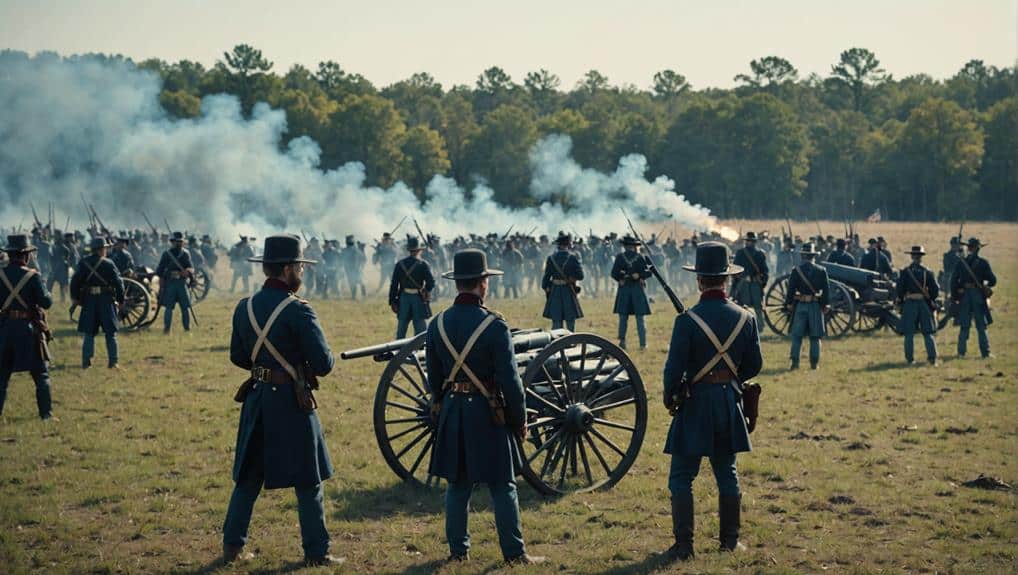The American Civil War, fought from 1861 to 1865, was a defining conflict in United States history, stemming from long-standing sectional tensions over slavery, states’ rights, and economic differences between the North and the South. The war began when eleven Southern states seceded from the Union to form the Confederate States of America, leading to a brutal and transformative conflict that would shape the nation’s future.
Major Battles and Campaigns
The Civil War was marked by numerous significant battles and military campaigns that determined the course of the conflict.
- Battle of Gettysburg: Fought from July 1 to July 3, 1863, this battle was a turning point in the war. The Union victory ended General Robert E. Lee’s invasion of the North and is often considered the war’s most significant engagement.
- Battle of Antietam: Occurring on September 17, 1862, this battle was the bloodiest single-day conflict in American history. Although tactically inconclusive, it provided President Abraham Lincoln with the opportunity to issue the Emancipation Proclamation.
- Siege of Vicksburg: From May 18 to July 4, 1863, the Union’s victory in this siege gave them control of the Mississippi River, effectively splitting the Confederacy in two and disrupting their supply lines.
Emancipation Proclamation
The Emancipation Proclamation, issued by President Lincoln on January 1, 1863, was a pivotal moment in the Civil War, transforming the conflict into a fight for human freedom.
- Key Provisions: The proclamation declared that all slaves in Confederate-held territory were to be set free. While it did not immediately free all slaves, it fundamentally changed the character of the war.
- Impact on the War Effort: The proclamation galvanized the Union cause, added moral force to the Union war effort, and allowed for the recruitment of African American soldiers into the Union Army.
- Legacy: The Emancipation Proclamation paved the way for the eventual abolition of slavery nationwide and was a crucial step toward the 13th Amendment, which would permanently outlaw slavery in the United States.
Reconstruction and Amendments
The end of the Civil War brought about the Reconstruction era, a time of significant political, social, and economic changes aimed at rebuilding the South and integrating formerly enslaved people into American society.
- Reconstruction Policies: The federal government implemented policies to rebuild the Southern economy, integrate freed slaves, and enforce civil rights. The period was marked by both progress and significant resistance.
- 13th, 14th, and 15th Amendments: These amendments were critical in shaping the post-war United States:
- 13th Amendment: Abolished slavery throughout the United States.
- 14th Amendment: Granted citizenship and equal protection under the law to all persons born or naturalized in the United States, including formerly enslaved people.
- 15th Amendment: Prohibited denying the right to vote based on race, color, or previous condition of servitude.
- Challenges and Legacy: Despite these advancements, Reconstruction faced considerable opposition, leading to the rise of discriminatory practices like Black Codes and Jim Crow laws, which enforced racial segregation and disenfranchisement for decades.
Conclusion and Aftermath
The American Civil War had profound and lasting impacts on the United States, fundamentally altering its social and political landscape.
- End of the War: The war concluded with General Robert E. Lee’s surrender at Appomattox Court House on April 9, 1865, followed by the surrender of remaining Confederate forces.
- Impact on American Society: The Civil War resulted in the deaths of an estimated 620,000 to 750,000 soldiers and countless civilian casualties. It led to the abolition of slavery and set the stage for the Civil Rights Movement a century later.
- Ongoing Influence: The war and its aftermath left deep regional and racial tensions that continue to affect American society. The legacy of the Civil War remains a crucial element of the nation’s history, shaping contemporary discussions about race, equality, and federal versus state authority.
The American Civil War was a transformative period in U.S. history, marked by profound sacrifice and monumental change. Its lessons and legacies continue to resonate in the nation’s ongoing pursuit of equality and justice.
Read More About The American Civil War

The Shocking Truth Behind the Battle of Gettysburg!

The Election That Decided America’s Future: Lincoln Vs. McClellan!

Civilians in the Crossfire: The True Cost of the Civil War!

The Anaconda Plan: The Strategy That Squeezed the South!
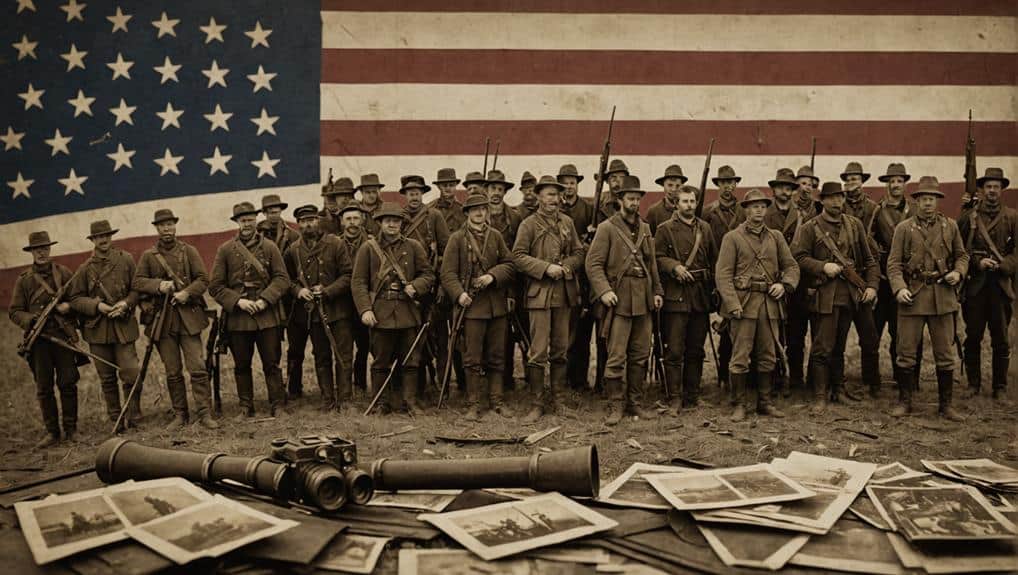
How Photography Changed the Way We See the Civil War!

Riots and Rebellion: The Explosive Draft Riots of 1863!

How Railroads Became the Lifeline of the Civil War!

Bizarre and Brutal: Civil War Medical Practices Revealed!

The Rise and Fall of the Confederate States: What You Didn't Know!
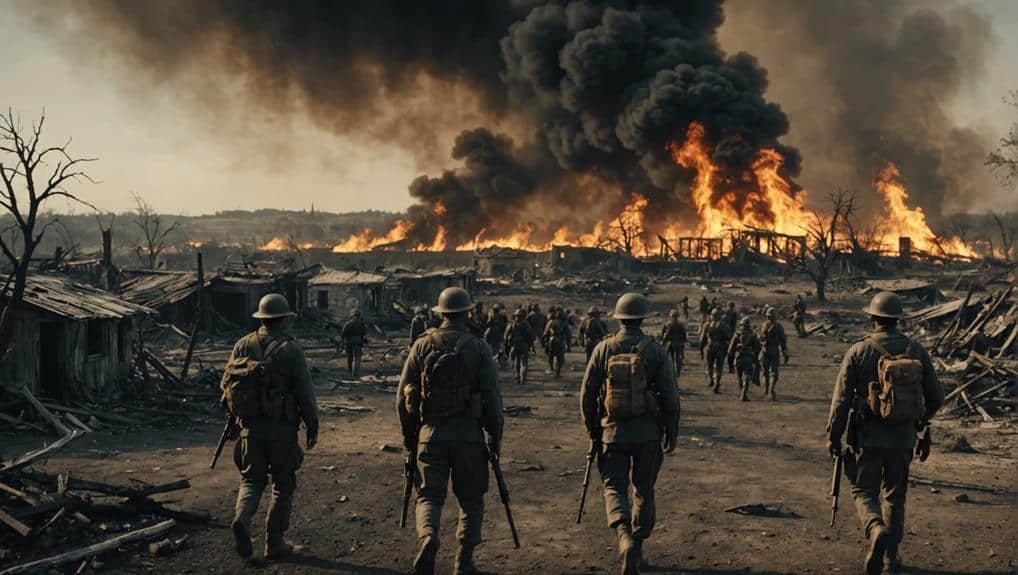
The Devastating Path of Sherman's March to the Sea!

The Siege of Vicksburg: The Untold Story of Survival and Strategy!

Spies of the Civil War: The Secret Agents Who Changed History!
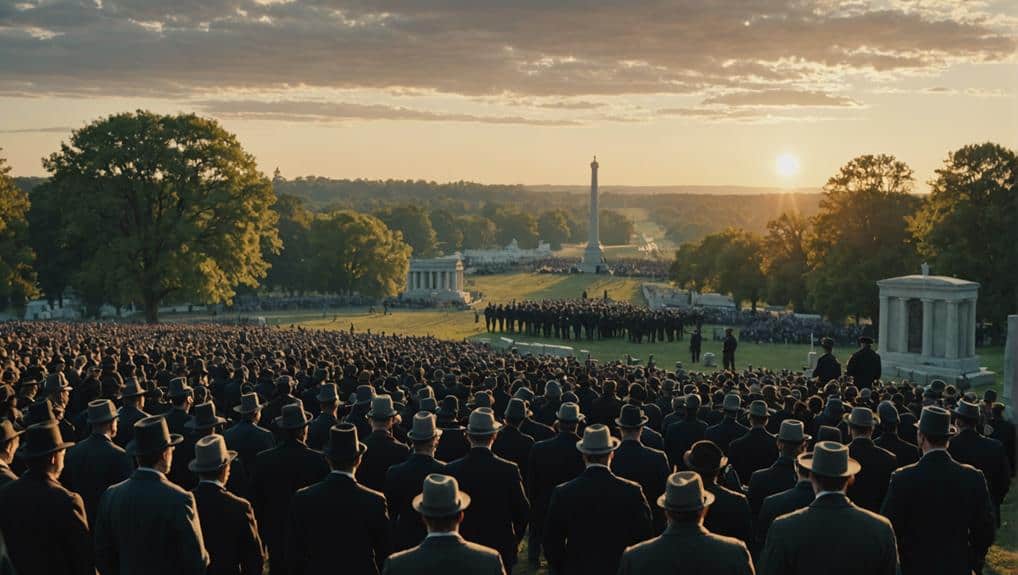
Lincoln's Gettysburg Address: What He Really Meant!

Hidden Heroes: The Brave Women of the Civil War!
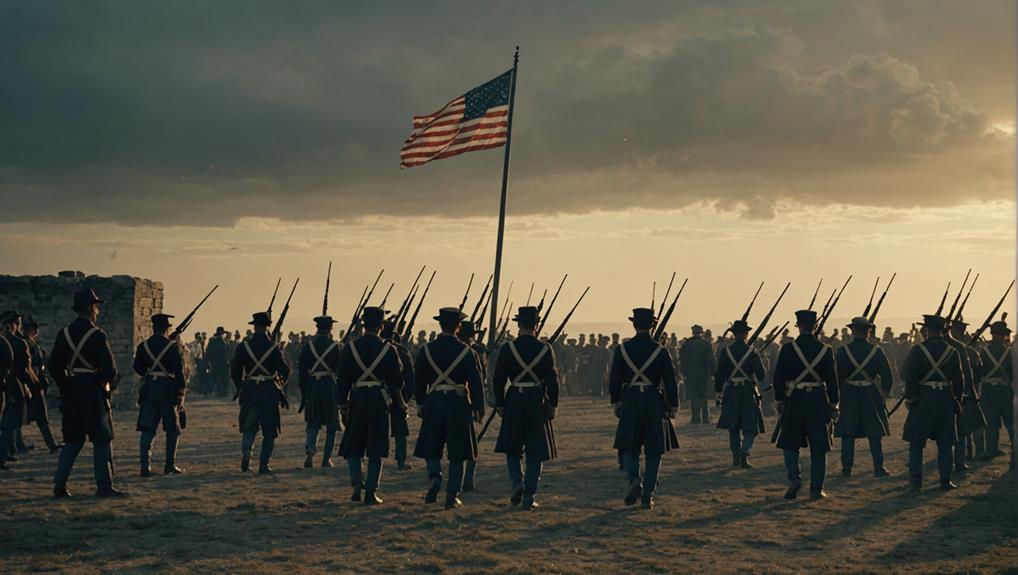
The Battle That Ignited a Nation: Fort Sumter's Secrets!

Revolutionary War Machines: The Ironclad Ships!

You Won't Believe the Impact of African American Soldiers in the Civil War!
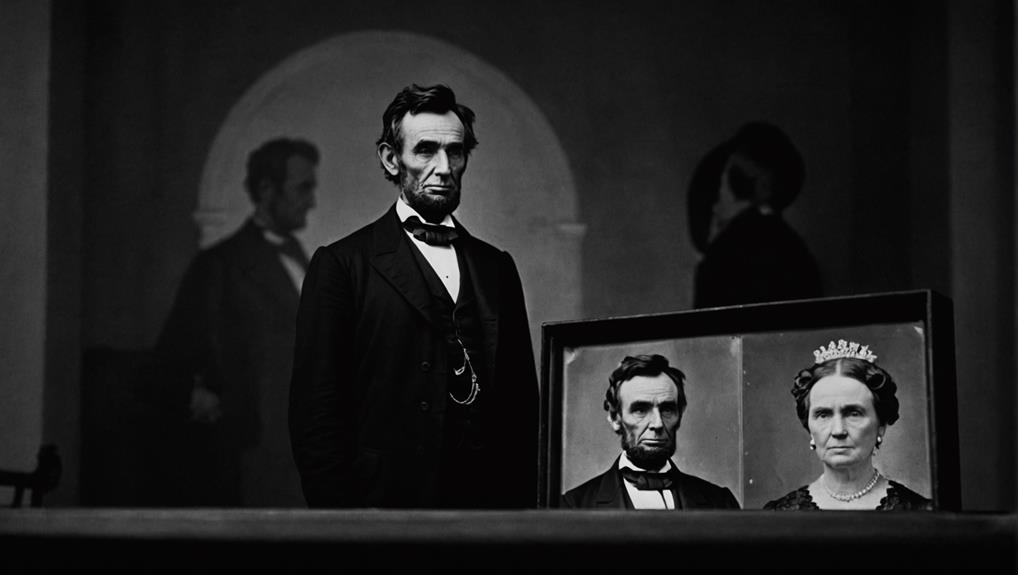
The Untold Story of Lincoln's Final Moments!


